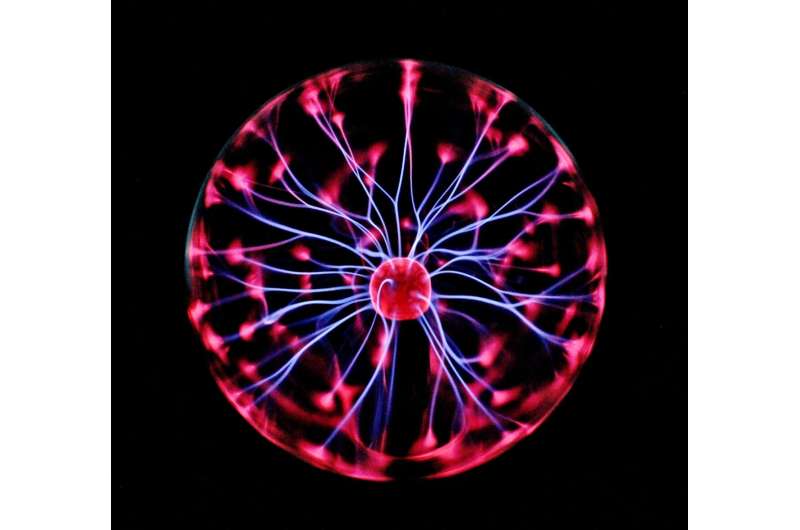Shaping the future of Europe's aquaculture

Over the past few years, the depletion of fish stocks has been a growing concern for policy-makers, fishers and environmental organizations alike. Debates on EU measures to protect bluefin tuna or cod fishing quotas, for example, make the headlines on a regular basis.
Aquaculture - the farming of aquatic organisms under controlled conditions - is seen as part of the solution to these overfishing-related issues. Currently accounting for 20% of Europe's fish production, this industry is renowned for its high quality, sustainability and consumer protection standards. However, some major obstacles stand in the way of its further development, one of which being its impact on the environment: How can we ensure that aquaculture techniques allow for the preservation of local ecosystems while not slowing down the sector's growth?
This is the main question the EU-funded SEAFARE (Sustainable and Environmentally Friendly Aquaculture for the Atlantic Region of Europe) project is looking to answer. On the occasion of a two-day meeting that took place on 16-17 July 2013 at the IPMA aquaculture research station in Olhao, Portugal, the project team discussed its progress towards providing tools and technology for a more sustainable aquaculture.
Ending in December 2013, the project has already demonstrated its potential to impact policy, industry and society. 'We have achieved very interesting results during the project's lifetime, such as the work related to wetlands aquaculture carried out in Veta la Palma in Spain or the earthen ponds here in South Portugal, and we will ensure the new knowledge generated goes to the right stakeholders to facilitate its uptake,' said Mr Daniel Lee, SEAFARE project coordinator.
Consisting of multiple sub-projects, the SEAFARE project aims to promote the diversification of the aquaculture industry by providing a greater range of species and alternative, environmentally-friendly production systems. All the initiatives developed by the project are assessed for their commercial applicability through close collaboration with stakeholders and SMEs. The project notably consisted in genetic studies characterizing the extent of naturalization of Pacific oysters, or research over milcroalgae species with attractive nutritional profiles.
'We anticipate that SEAFARE will live on as a thriving project and network that continues to link like-minded researchers with ambitious SME partners in the Atlantic Area. Spin-offs are anticipated in the form of commercial and research projects. The project has already created 11 jobs and the long-term impact of SEAFARE will also be bound up in the body of expertise that it is has created,' Daniel Lee said.
SEAFARE is planning to organise a workshop in October 2013 in Seville, Spain, in order to facilitate the transfer of knowledge generated from the project to interested parties. The main benefits of environmentally friendly wetland aquaculture systems will be presented to a wide range of stakeholders, including environmental managers, policy makers, the aquaculture industry, and NGOs at local, regional and international level.
More information: www.seafareproject.eu/
Provided by CORDIS

















